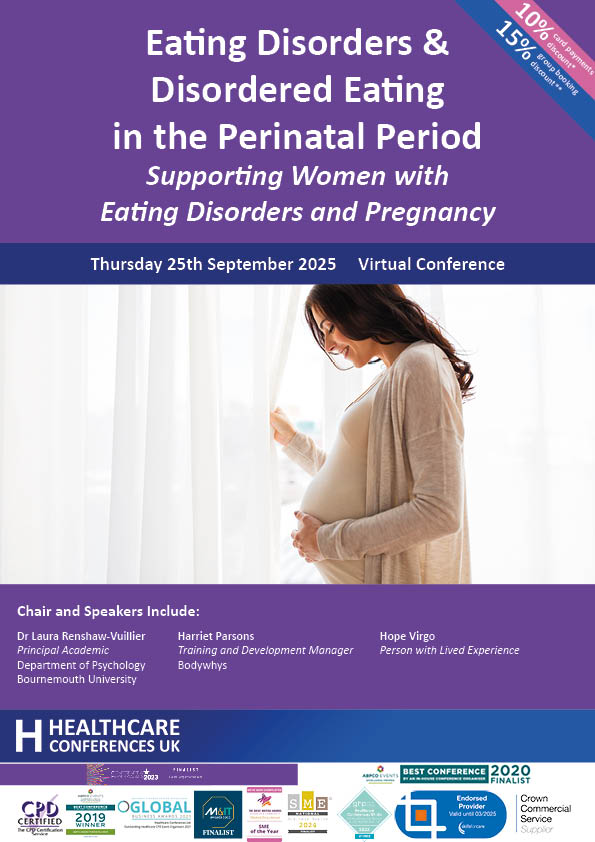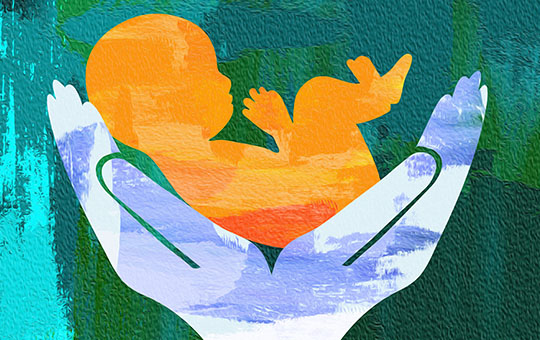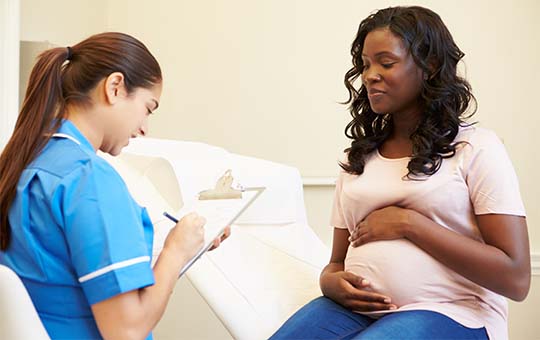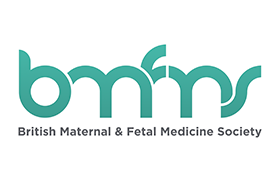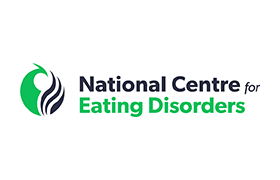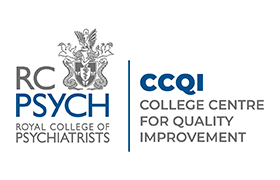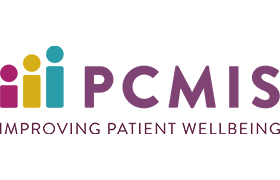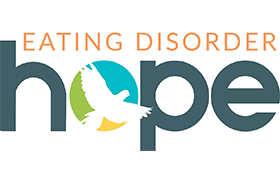Follow the conference on X #PerinatalED
This conference will update delegates on the important issue of Eating Disorders & Disordered Eating in the Perinatal Period, and how we can better Support Women with Eating Disorders and Pregnancy. The event will focus on learning from lived experience, understanding why pregnancy can be triggers for eating disorders and exploring how we can better identify women with first episode eating disorders or disordered eating during pregnancy and support those with existing eating disorders that may experience relapse during the perinatal period. The conference will learn from expert interactive sessions to identify strategies for improving practice in support and treatment.
“Eating disorders are the psychiatric illnesses with highest mortality, 50% by suicide in Anorexia Nervosa. Same is true for mortality in the perinatal period…They can negatively impact pregnancy outcomes and even though frequently there is remission during pregnancy, relapse is frequent in the postnatal period.”
Dr Catia Acosta, Consultant Psychiatrist in Eating Disorder, Perinatal & Liaison Psychiatry Chelsea and Westminster Hospital January 2025
“Eating disorders primarily affect women of child bearing age, so pregnancy is a relatively frequent occurrence amongst our patients. Most of the pregnancies we encounter are wanted and the desire to become fertile and conceive can be a strong motivating factor for recovery for some women with eating disorders. Long term fertility is unaffected by the eating disorder as long as weight is restored to a healthy range, stress levels are not too high, exercise is no more than moderate and diet includes fatty foods. Most pregnant women with eating disorders experience a significant reduction in their symptoms. They feel able to eat more normally to feed their baby and largely accept changes to their body as natural. Unfortunately, relapse usually occurs rapidly after the birth at a time when it is difficult to focus on treatment. A small number of pregnant women with eating disorders become more severely ill. They struggle to feel connected to their baby and experience extreme distress regarding their bodies. This can result in them eating minimally throughout the pregnancy and failing to gain much, if any weight… failing to gain much weight can lead to significant weight loss postpartum. There are also major risks for the baby. Although the baby will take what it needs nutritionally first, lack of energy input can lead to delayed or minimal growth. This increases the risk of miscarriage or premature birth and low birth weight is associated with congenital problems and still birth.”
Sam Clark-Stone, Clinical Lead for the Eating Disorders Service, Gloucestershire Health and Care NHS Foundation Trust January 2025
This conference will enable you to:
Network with colleagues who are working to improve support, care and treatment for pregnant women experiencing eating disorders
Reflect of the lived experience of women who have experienced eating disorders during pregnancy
Update your knowledge on national developments and learning
Improve the way you identify first episode eating disorders or disordered eating in pregnant women
Develop your skills in planning and supporting women with existing eating conditions
Understand why pregnancy can be triggering for women with eating disorders, and increase knowledge and awareness of eating disorders in pregnancy
Understand evidence with regard to treatment options and goals
Develop strategies for involving partners, carers, friends and children
Reduce risk to avoid adverse outcomes
Self assess and reflect on your own practice
Supports CPD professional development and acts as revalidation evidence. This course provides 4 Hrs training for CPD subject to peer group approval for revalidation purposes


